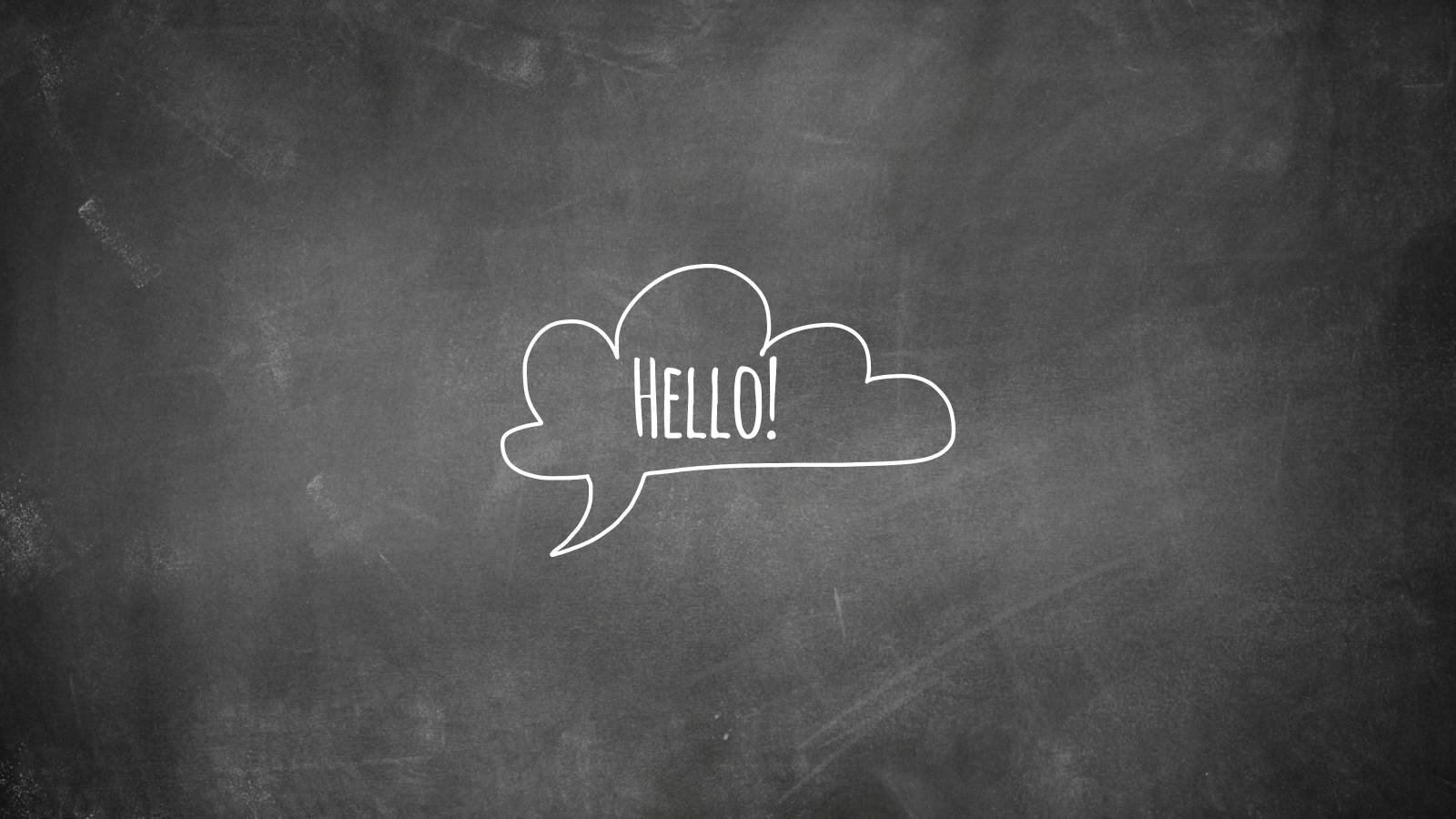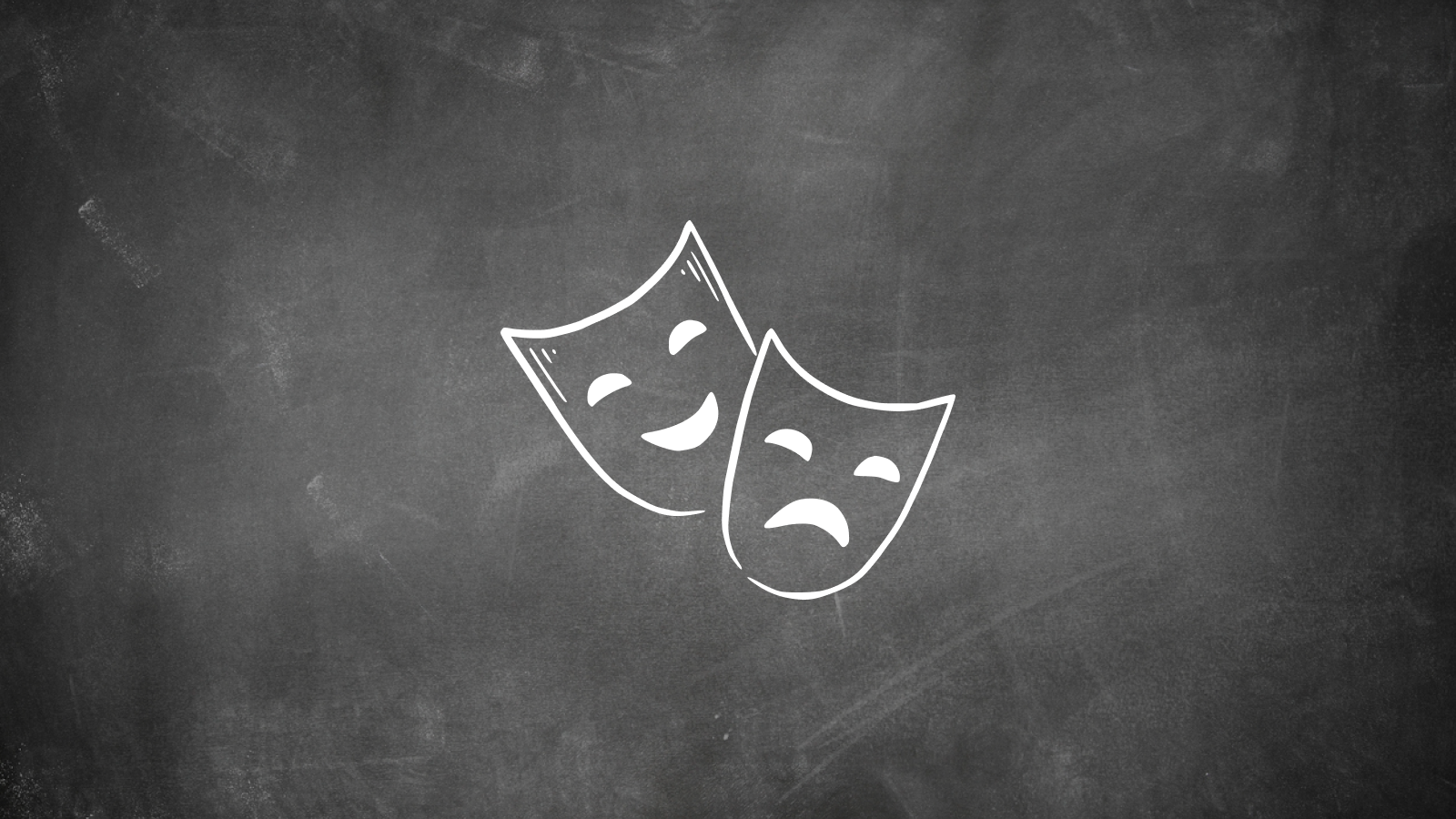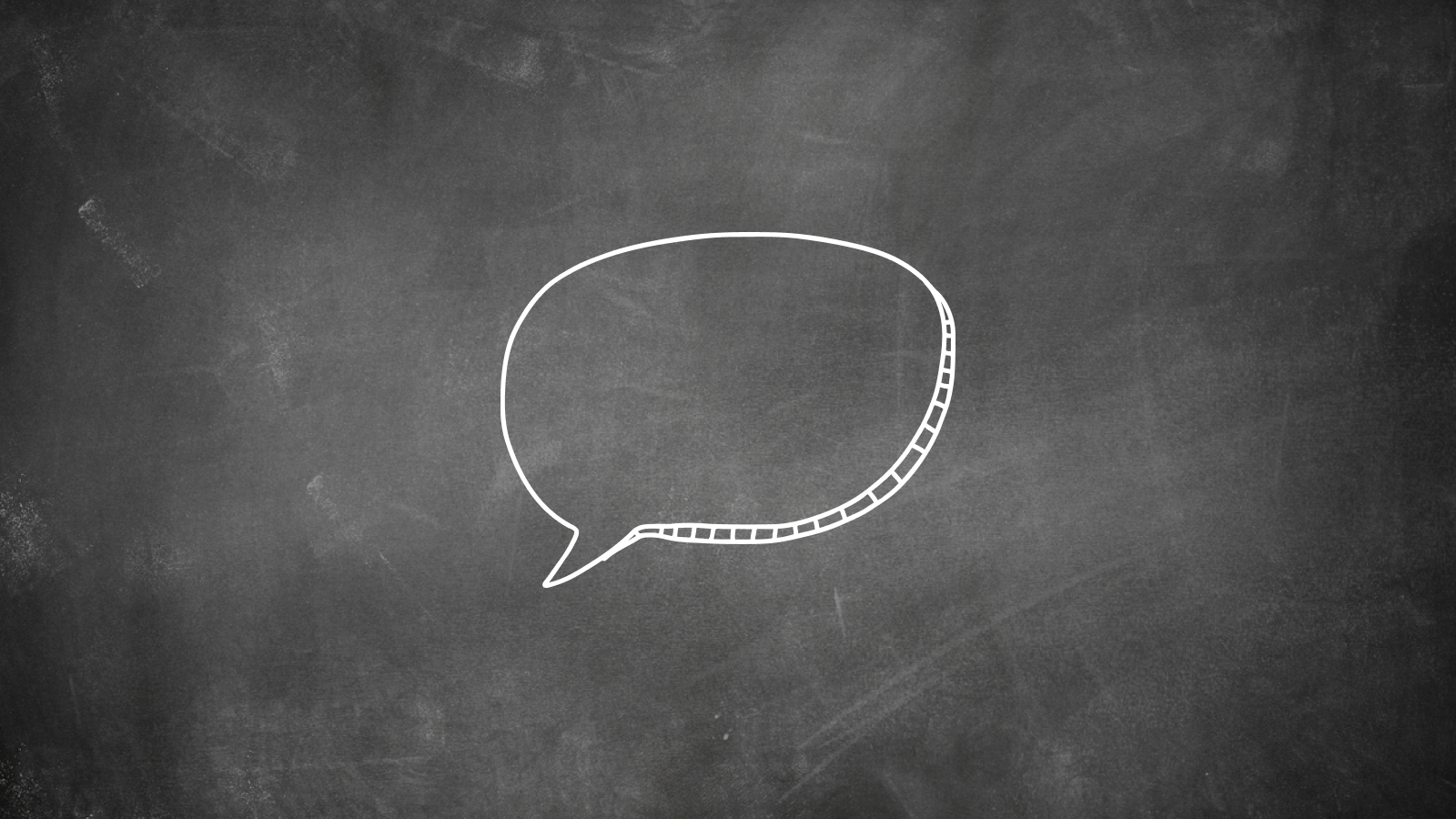Assignment:
In the classroom, students are to discuss what society would be like if a child of upper secondary school age was elected as a decision-maker instead of a powerful adult. The task should help students reflect on their own position in society while reminding them that children also have the right to be heard in political decision-making processes.
Discuss what kind of changes a child in a decision-making position would make to the daily life of children and young people in Finland. What things in society would this decision-maker find were already functioning? Observations can be written down on the board.
What kind of changes would a child in the position of a decision-maker come up with?
The following prompts can be used in the discussion:
At school
- What subjects would be taught in schools?
- What kind of lunches would be served?
- What kind of holidays would schoolchildren have?
- How would schools support students’ wellbeing and coping?
- How would bullying be prevented?
During hobbies and leisure time
- What kind of free recreational activities would be available for children and young people?
- What kind of spaces and facilities would every municipality set up for children and young people?
- What should be available in these spaces?
In society
- What kind of laws would be enacted?
- How would a child in a decision-making position contribute to world peace and safety?
- How would the current situation change?


